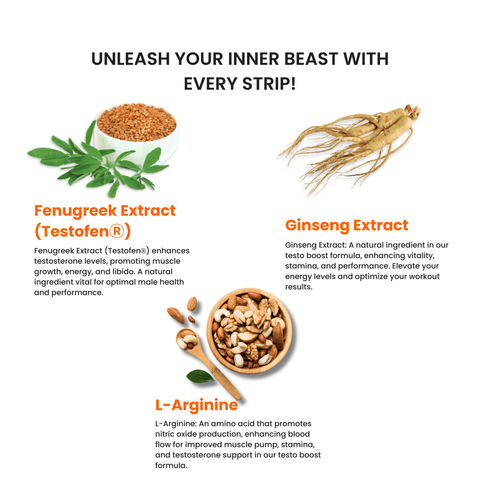Herbs have been used by humans for thousands of years for cooking, medicine, and even spiritual practices.
These amazing plants offer a wide array of flavors, fragrances, and healing properties that have captivated people throughout history. From the aromatic basil in your pasta sauce to the soothing chamomile tea you drink before bed, herbs are all around us and deeply woven into our daily lives.
### The History of Herbs
The use of herbs dates back to prehistoric times. Ancient civilizations like the Egyptians, Chinese, and Greeks all incorporated herbs into their cuisines, pharmacopeias, and rituals (Petrovska, 2012). Herbs were often seen as having sacred or mystical properties. For example, the ancient Greeks believed that herbs were gifts from the gods (Tucakov, 1973).
As human knowledge and trade expanded, so did the use of herbs. In the Middle Ages, monks often cultivated herb gardens and used them to treat the sick (Tucakov, 1973). During the Age of Discovery, European explorers brought back herbs and spices from around the world, sparking new culinary and medicinal innovations (Petrovska, 2012).
Today, herbs are more popular than ever. The global herbal medicine market was valued at over $100 billion in 2017 and is expected to grow significantly in the coming years (Grand View Research, 2020). People are increasingly turning to herbs for natural health solutions and to reduce their reliance on synthetic drugs.
The Healing Power of Herbs
One of the most fascinating aspects of herbs is their ability to promote health and wellness. Many herbs contain active compounds that have been shown to have medicinal properties. For example:
- Turmeric contains curcumin, which has powerful anti-inflammatory and antioxidant effects (Hewlings & Kalman, 2017).
- Ginger contains gingerol, which can help relieve nausea and muscle soreness (Mashhadi et al., 2013).
- Lavender contains linalool and linalyl acetate, which have been shown to reduce anxiety and promote relaxation (Koulivand et al., 2013).
Herbs can be used to treat a wide variety of conditions, from digestive issues to skin problems to respiratory infections. Many people use herbs as a complement to conventional medicine or as a natural way to maintain overall health and wellbeing.
The Culinary Magic of Herbs
Herbs are also essential for creating delicious and flavorful dishes. Different herbs have unique tastes and aromas that can transform a meal. For example:
- Basil has a sweet, peppery flavor that pairs well with tomatoes, mozzarella, and pasta dishes.
- Rosemary has a piney, slightly minty taste that complements roasted meats and potatoes.
- Cilantro has a bright, citrusy flavor that is a key ingredient in many Mexican and Asian dishes.
Using fresh herbs can take a dish from ordinary to extraordinary. They add depth, complexity, and vibrancy to both savory and sweet recipes. Herbs are also a great way to add flavor without relying on salt, sugar, or unhealthy fats.
A Personal Story: The Power of Herbs
I have always been fascinated by the power of herbs. Growing up, my grandmother had a beautiful herb garden in her backyard. She would often send me out to snip some fresh rosemary or thyme for her cooking. The act of harvesting the herbs and smelling their fragrance was a sensory delight.
As I got older, I became more interested in the medicinal properties of herbs. When I was in college, I had a bad case of the flu. Instead of taking over-the-counter medication, I made a soothing elderberry and ginger tea. The warmth and spiciness of the tea soothed my sore throat, and the antiviral properties of the elderberry and ginger helped me recover more quickly (Hawkins et al., 2019).
Since then, I have continued to explore the world of herbs. I have grown my own herb garden, experimented with herbal tinctures and teas, and learned about the fascinating history and science behind these amazing plants. Herbs have become an integral part of my life and wellness routine.
Conclusion
Herbs are truly remarkable plants that offer a wealth of flavors, fragrances, and healing properties. From their ancient origins to their modern-day applications, herbs have captivated and nourished humans for millennia. Whether you are interested in cooking, natural health, or simply appreciating the beauty of nature, the world of herbs has something to offer everyone.
So go ahead and sprinkle some fresh basil on your tomatoes, sip a cup of chamomile tea before bed, or explore the local herb garden. Immerse yourself in the fascinating world of herbs and discover the magic they can bring to your life.
















Comments (0)
There are no comments for this article. Be the first one to leave a message!